Vietnam - new destination of Asian "soft power"?
At this point, it is not too early to ask this question. According to Dr. Bui Quoc Liem (RMIT University), 2024 marks a turning point for Vietnam tourism when it welcomes 17.5 million international visitors, surpassing Singapore and increasing by nearly 40% compared to 2023. This is the time for Vietnam to identify the most effective "soft power" tools: cinema and music - emerging as two pillars that need to be prioritized for investment and coordinated systematically with the tourism industry. In other words, positioning cinema and music as "cultural export spearheads" is a strategic move.
International films shot in Vietnam such as “Kong: Skull Island” or “A Tourist’s Guide to Love” have proven the power of promoting tourism through cinematic images. The landscapes in Quang Binh, Ha Giang or Hoi An not only leave a visual impression but also become real destinations after the films are broadcast. Vietnam can absolutely learn from Korea, New Zealand or the UK to develop the “cinematic tourism” model. From supporting filming locations, tax incentives, to developing film-based tours - this is a direction that requires systematic coordination between the culture and tourism sectors.
If cinema inspires, music creates connections. V-pop is showing its potential to explode internationally: See Tinh, Bac Bling or names like Son Tung M-TP, My Tam, Den Vau... all have the power to spread beyond borders. In particular, the fact that MVs are associated with places like Bac Ninh, Hue, Phu Quoc... can turn those places into attractive destinations for global tourists. Music festivals in Hanoi , Ho Chi Minh City or Da Nang, if planned as annual events, combined with tourism promotion and visa simplification, will help Vietnam become a vibrant music destination in Asia.
In addition, TikTok, YouTube, Instagram... are becoming "soft power" broadcasting stations. Behind-the-scenes videos, performance clips at historical sites, or MVs filmed at famous landmarks can completely become "wordless tourism advertisements". To promote this, Vietnam needs to proactively cooperate with international KOLs, artists, content creators, turning cultural sites into global "viral destinations"...
On August 29, 2024, the Prime Minister issued Directive No. 30/CT-TTg on the development of Vietnam's cultural industries. This Directive aims to promote the development of cultural industries, identifying this as an important and sustainable factor contributing to socio-economic development and national brand positioning. In the near future, the Ministry of Culture, Sports and Tourism will submit to the Prime Minister for promulgation the Strategy for the development of Vietnam's cultural industries to 2030, with a vision to 2045, to create new momentum to promote the development of Vietnam's cultural industries. According to the Ministry of Culture, Sports and Tourism, the Strategy must promote cultural industries to a new level with the general goal of developing cultural industries into important economic sectors. Thereby, contributing to promoting Vietnamese culture and affirming the national brand and position in the international arena. Focused development of a number of cultural industries to enhance the promotion and dissemination of cultural values, history of the country and people of Vietnam, promote international exchange and integration and participate in the global supply chain. In particular, by 2030, cultural industries will contribute 7% of the national GDP...
According to the Ministry of Culture, Sports and Tourism, by 2030, there will be 5 to 10 national brands participating extensively and affirming their brands in the international market. Cultural industrial products are protected under the provisions of intellectual property law to promote development and increase value. In particular, by 2045, Vietnam's cultural industries strive to contribute 9% of GDP in revenue and attract 6 million workers to become a developed country in cultural industry in the Asian region; at the same time, affirming Vietnam's position on the world cultural industry map.
“The strategy for developing Vietnam’s cultural industries to 2030, with a vision to 2045, when issued, must raise social awareness, demonstrate a new vision of the cultural industry, and enhance the position of Vietnam’s cultural industries in socio-economic life. In addition, mechanisms and policies must be created to mobilize maximum resources for the development of the cultural industry. We need guiding and constructive policies and strategies to create new motivations for social enterprises to do cultural industry,” according to Deputy Minister of Culture, Sports and Tourism Ho An Phong.
Vietnam strives to put culture at the heart of sustainable development
It is also important to emphasize that the development of Vietnam's cultural industries is based on the Party's guidelines and policies, the State's policies and laws, and is placed within the overall socio-economic development. This is to promote innovation, maximize cultural resources and Vietnamese people, create endogenous strength, and become an important driving force contributing to the building of an advanced Vietnamese culture with strong national identity and sustainable national development. Developing cultural industries with a focus on national and national cultural identity.
 |
Performing Bai Choi in Quang Ngai. (Source: Quang Ngai Provincial Culture and Arts Center) |
Regarding this issue, on June 20, 2025, Vietnam received good news when it joined the Intergovernmental Committee of the UNESCO Convention on the Protection and Promotion of the Diversity of Cultural Expressions for the third time.
In the first decades of the 21st century, the explosion of the internet, media... has created favorable conditions for the globalization process. Besides the opportunity to promote the cultural identity of nations, globalization has had negative impacts on traditional values as well as increased foreignness in cultural activities and services. In that context, the birth of a new UNESCO Convention on cultural diversity is a necessary requirement. On October 20, 2005, the UNESCO General Assembly voted to adopt the UNESCO Convention on the Protection and Promotion of the Diversity of Cultural Expressions (UNESCO 2005 Convention). The Convention officially came into force on March 18, 2007. Vietnam is one of the countries that made efforts to participate in the drafting process and early ratification of the 2005 UNESCO Convention. Notably, after ratifying the Convention, Vietnam was elected and successfully assumed the role of Vice President of the Intergovernmental Committee and Vice President of the UNESCO Convention General Assembly for the 2011-2015 term. Vietnam is also considered a responsible member of UNESCO and has made practical contributions to the organization's work.
Since the ratification of the 2005 UNESCO Convention, many Vietnamese cultural policies have been built on the spirit of the Convention. For example, in 2024, in an effort to implement the Convention, Vietnam achieved many achievements, notably the National Assembly's approval of the investment policy for the National Target Program on Cultural Development for the 2025-2035 period with a total investment of nearly 5 billion USD, which sets out a series of comprehensive and specific goals for Vietnamese culture in the next 10 years. The Prime Minister issued Directive No. 30/CT-Tg on the development of Vietnamese cultural industries. In that spirit, in 2025, the Ministry of Culture, Sports and Tourism submitted to the Prime Minister the Strategy for the Development of Vietnamese Cultural Industries to 2030, with a vision to 2045, to create new momentum to promote the development of Vietnamese cultural industries...
Vietnam is currently a member of the Intergovernmental Committee of the UNESCO 2005 Convention for the 2021-2025 term. From June 18 to 20, 2025, at the UNESCO headquarters (Paris, France), the 10th session of the General Assembly of the UNESCO 2005 Convention took place. At this General Assembly session, the member countries of the Convention elected Vietnam to be re-elected as a member of the Intergovernmental Committee of the UNESCO 2005 Convention for the 2025-2029 term.
This is the first case since the UNESCO 2005 Convention was established that a country has participated in the Intergovernmental Committee for two consecutive terms, and this is the third time Vietnam has participated in the Intergovernmental Committee of the UNESCO 2005 Convention. This demonstrates the General Assembly's recognition of Vietnam's efforts and achievements in implementing the UNESCO 2005 Convention, and at the same time demonstrates Vietnam's active contributions and prestige at the United Nations Educational, Cultural and Scientific Organization.
Attending the recent meeting, Dr. Nguyen Phuong Hoa - Director of the Department of International Cooperation, Ministry of Culture, Sports and Tourism - the national focal point of the UNESCO 2005 Convention emphasized that the UNESCO 2005 Convention, adopted 20 years ago, is a strong act of will and collective effort of international solidarity. Cultural expressions are the core of identity, representing our communities and aspirations. Cultural diversity is a common heritage of humanity that needs to be protected and promoted for present and future generations.
Sharing about Vietnam's efforts in cultural development, Dr. Nguyen Phuong Hoa affirmed that Vietnam's policies always put people at the center, build a healthy cultural environment, nurture creativity, ensure people's rights to enjoy culture, and culture is one of the pillars of sustainable development. "We need to make more efforts to make culture a strong presence in the global agenda for sustainable development, especially when the world is moving towards the post-2030 agenda framework," said the Vietnamese representative.
Source: https://baophapluat.vn/van-hoa-tru-cot-cua-phat-trien-ben-vung-tai-viet-nam-post553294.html



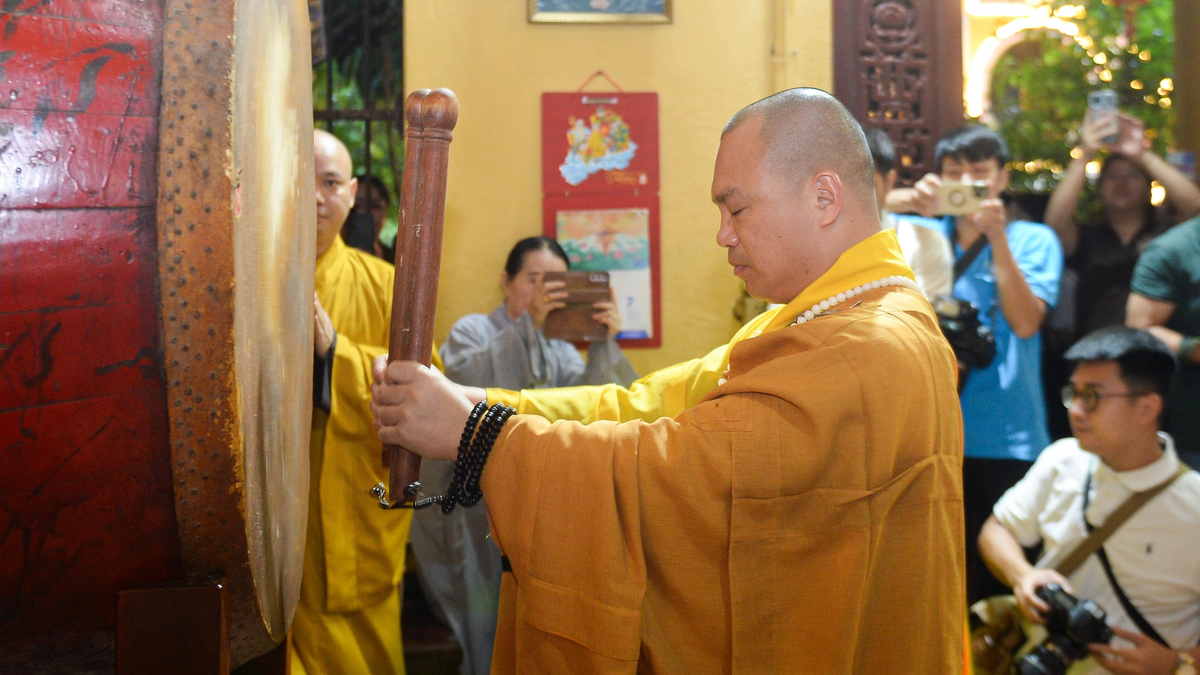
![[Photo] Standing member of the Secretariat Tran Cam Tu chaired a meeting with Party committees, offices, Party committees, agencies and Central organizations.](https://vphoto.vietnam.vn/thumb/1200x675/vietnam/resource/IMAGE/2025/7/1/b8922706fa384bbdadd4513b68879951)



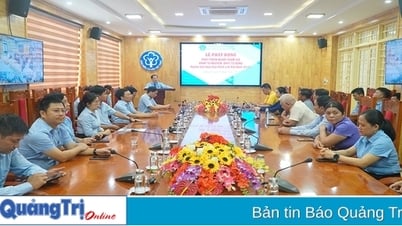

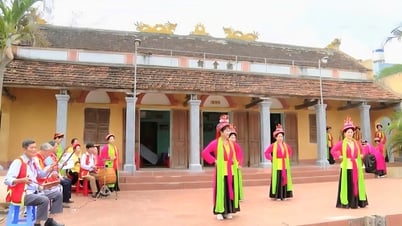

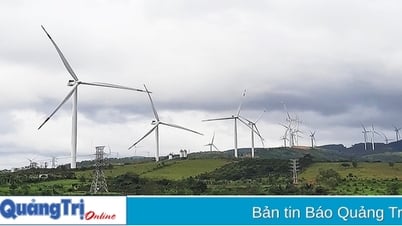
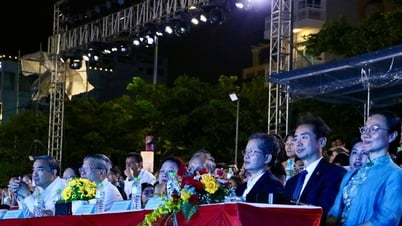

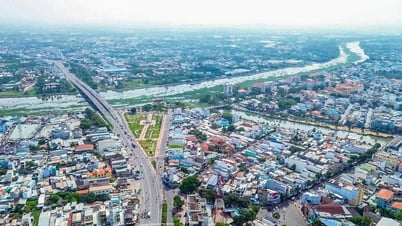

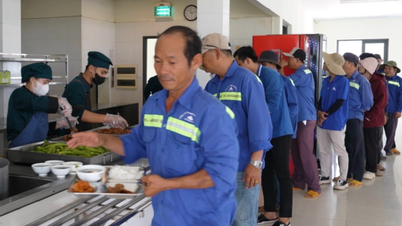

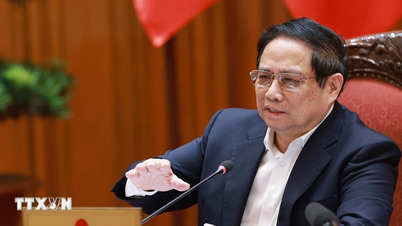




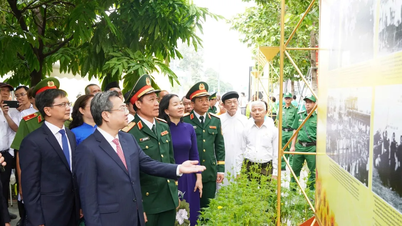

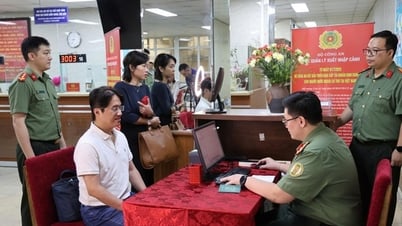

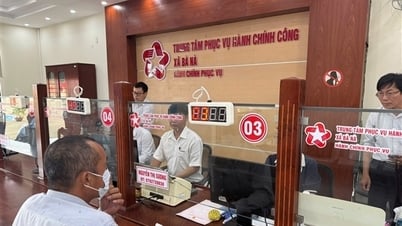





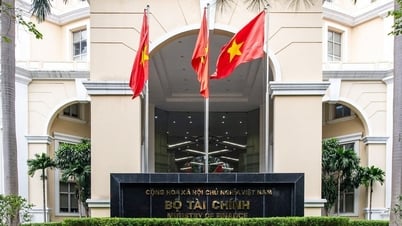
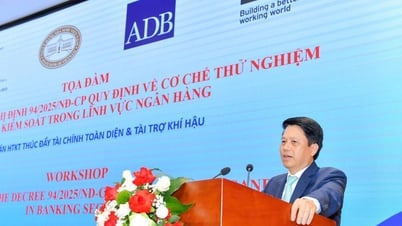






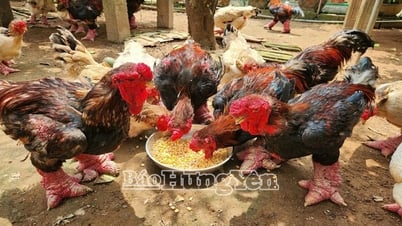

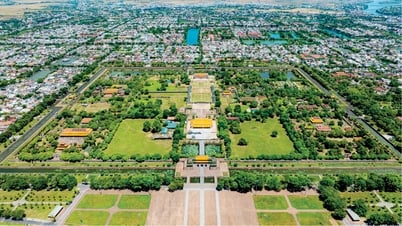



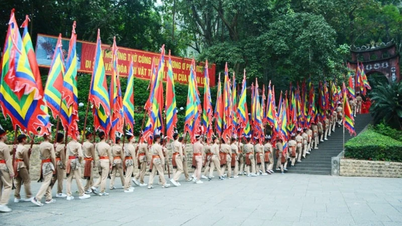






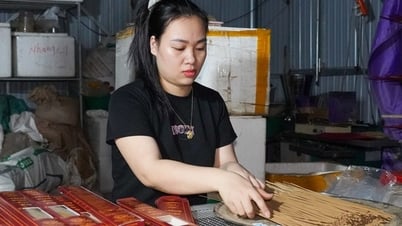



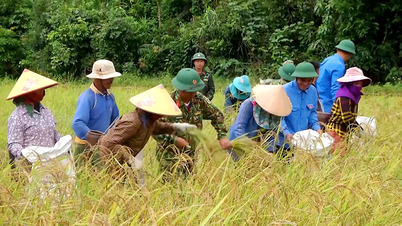
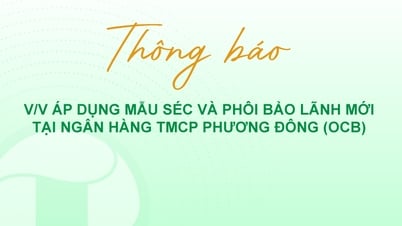

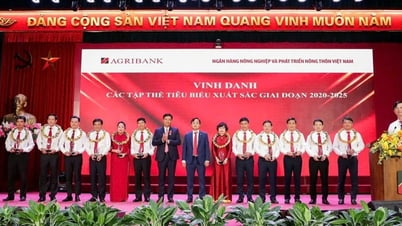




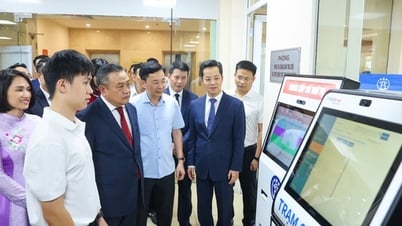

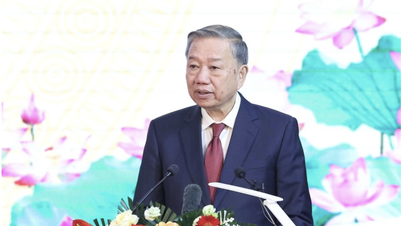

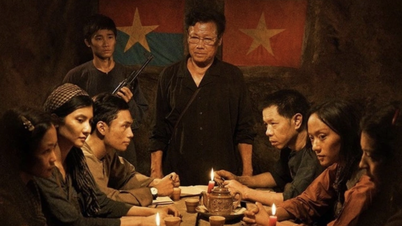
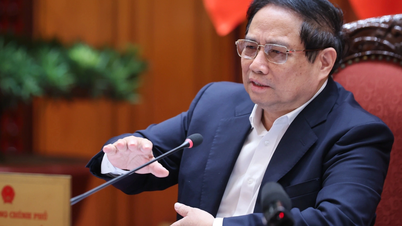
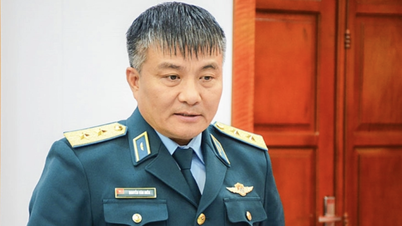
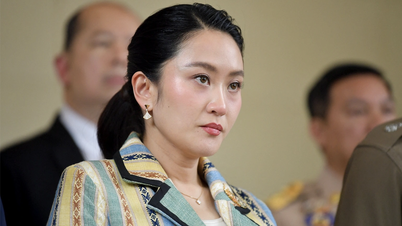
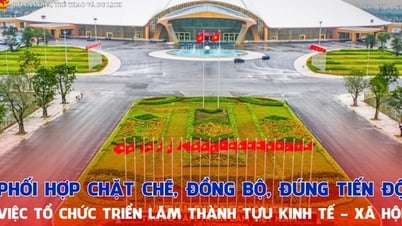

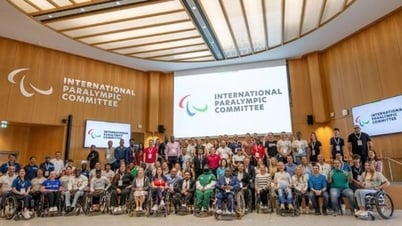
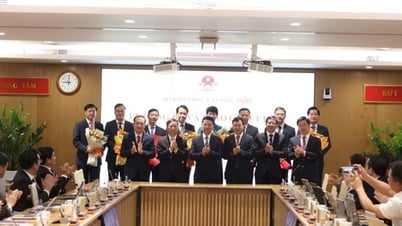

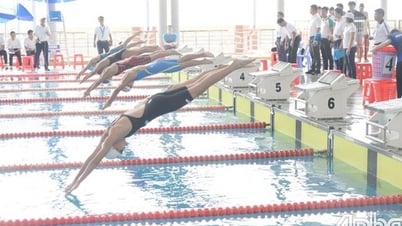
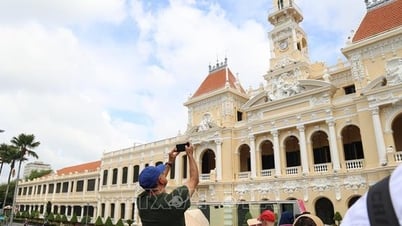
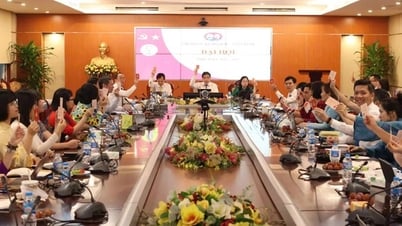
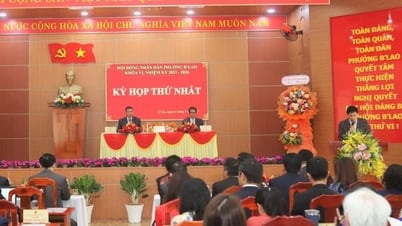

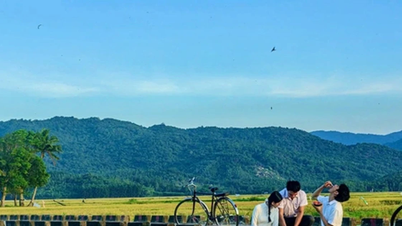

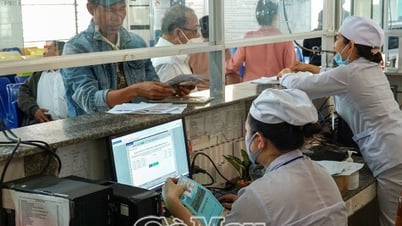

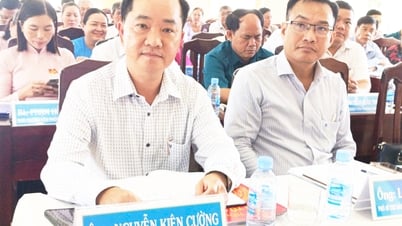

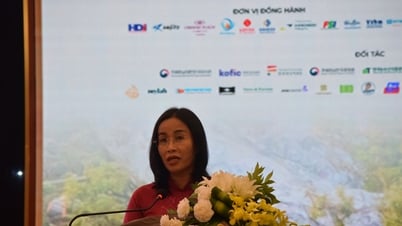
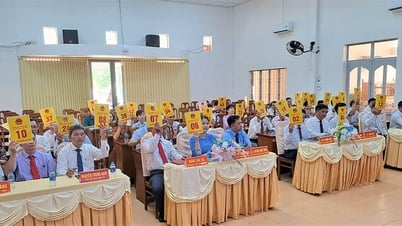

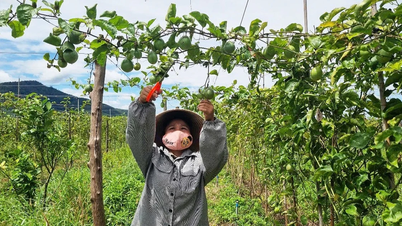












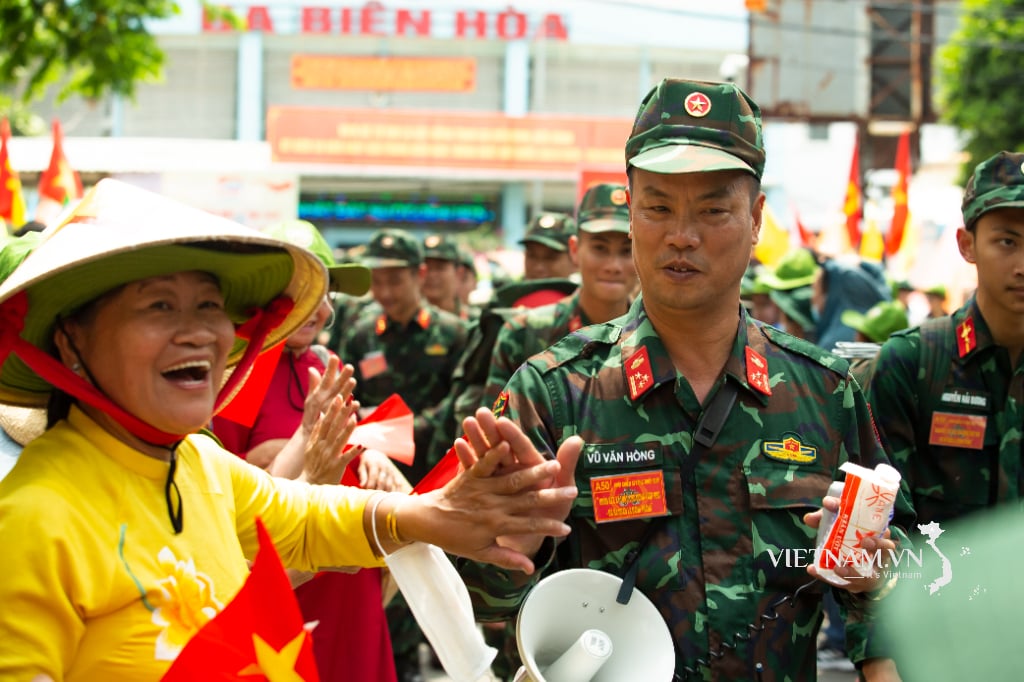
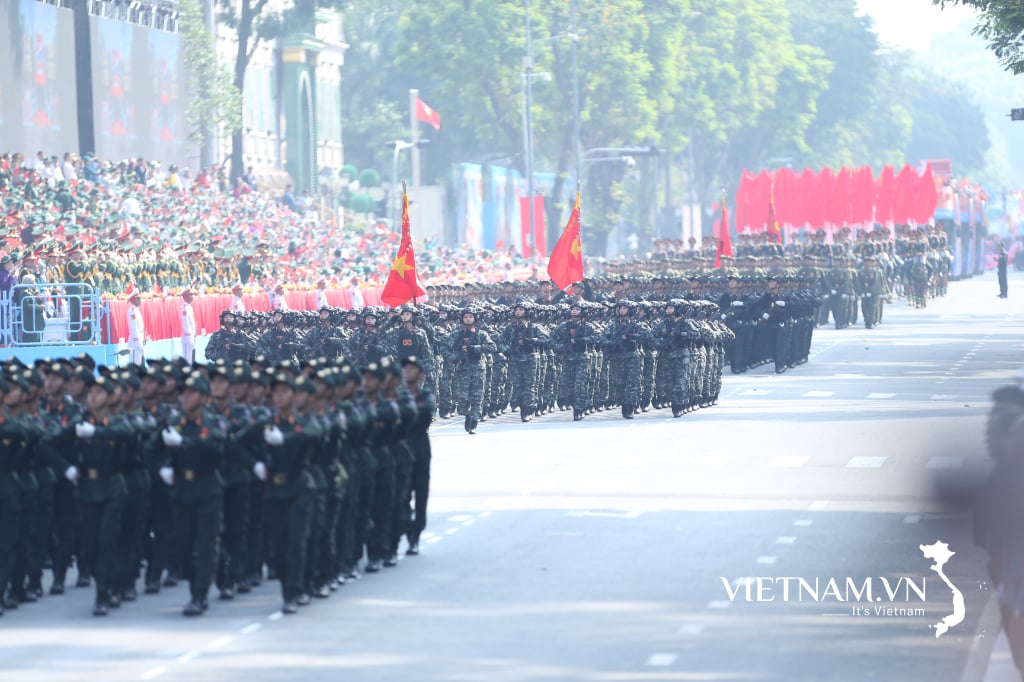
Comment (0)